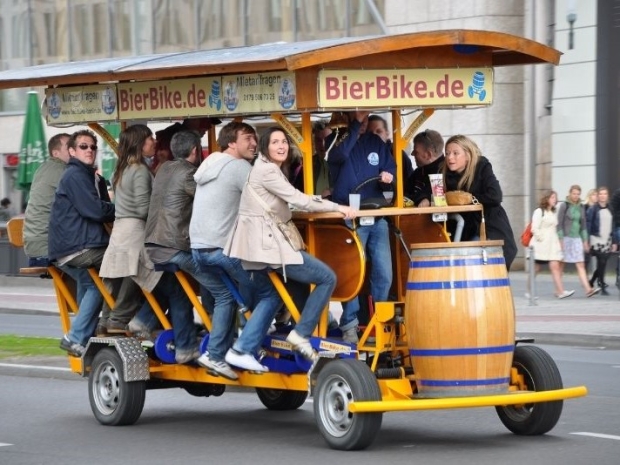Juniper Research’s ranking of 50 world cities is based on evaluating many different smart city aspects, covering transportation and infrastructure, energy and lighting, city management and technology, and urban connectivity.
Under Juniper’s criteria the top 5 smart cities ranked by Juniper Research are:
1. Berlin
2. London
3. Barcelona
4. Rome
5. Madrid
We are uncertain how a city where wild boar roam the streets, rubbish bins don’t get collected and the power keeps going off can be number four, but it is nice to know we are up there.
The analysis identified Berlin as a leading city due to its focus on improving its transit infrastructure, such as with the MaaS (Mobility-as-a-Service) app Jelbi, which has unified public and private transit in one app. Berlin has also taken proactive steps on shared micromobility and renewable energy generation, demonstrating a joined-up approach to smart city development.
Research co-author Nick Maynard explained: “Europe, as the birthplace of MaaS, has seen significant development and deployment of the concept over the past few years. As such, transit in leading European smart cities is a central part of future strategies for smart city development – cities aiming to follow this approach must take a coordinated method to transit, embracing the benefits of MaaS in reducing congestion.”
The potential for reducing emissions is a crucial driver for smart city deployments, with high environmental sentiment in Europe. However, with cost pressures in the European energy sector, governments must focus on strategies enabling both cost reduction and renewable energy deployments, such as greater use of AI in smart grid systems.

